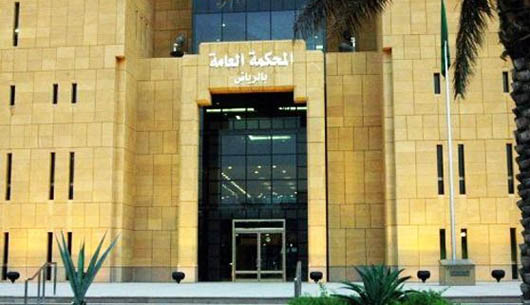Dubai, Jun 26: As summers in Dubai bloom in its full glory, the most savoured summer fruit - Mongo - is getting the most special treatment in the city as it gets delivered to customers via an emperor like ride of a Lamborghini.
As per a video report by Gulf News, the Pakistan Supermarket in Dubai is delivering the king of fruits to the doorsteps of its customers in a green coloured Lamborghini to match the level of its supremacy among fruits.
"The king should travel like a king," says the managing director of the store, Mohammad Jehanzeb who delivers the pulpy fruit by himself and also takes the customers on a short ride in the luxury car.
In order to avail the offer rolled out on the Facebook page of the famous supermarket, customers are required to make a minimum order of Dh100, reports the Gulf News.
"The idea is to put a smile on people's faces and make them feel special," says Jehanzeb who has put a smile on the face of dozens of Dubai residents amidst the throes of a pandemic with his 'Mangoes in Lamborghini' campaign.
The delicacy this year has gone viral with videos of delighted mango lovers taking a joy ride in the supercar doing rounds over the internet.
"The joy ride was essentially meant for kids who have been sequestered at homes because of the coronavirus but adults are equally thrilled at the prospect of getting behind the wheels of my Lamborghini Huracan. I am happy to oblige them too," says Jehanzeb.
"Each order takes about an hour. We do about 7-8 home deliveries a day but are hoping to ramp up the numbers to 12," he adds.
Arshad Khan who hails from the Indian city of nawabs - Lucknow- ordered the 'nawabi' varieties - Sindhri and Anwar Ratol - and said that his children were exhilarated after hearing the roar of the Lamborghini outside their Falcon City villa.
"For someone who hails from Lucknow -- the land of the famous dussheri and landga mangoes -- I was a bit skeptical about the taste of Pakistani mangoes. I ordered them for the sheer experience of seeing them come to my place in a luxury supercar," Gulf News quoted Khan as saying.
"It was quite exhilarating and I must confess that the mangoes were as delicious as the ones back home," he added.
Mango fruit has been a delicacy in the 16th-century Hindustan sub-continent. It holds a fascinating narrative in Babur Nama which is an autobiography of the Mughal emperor Zahiruddin Muhammad Babur.






Comments
Add new comment